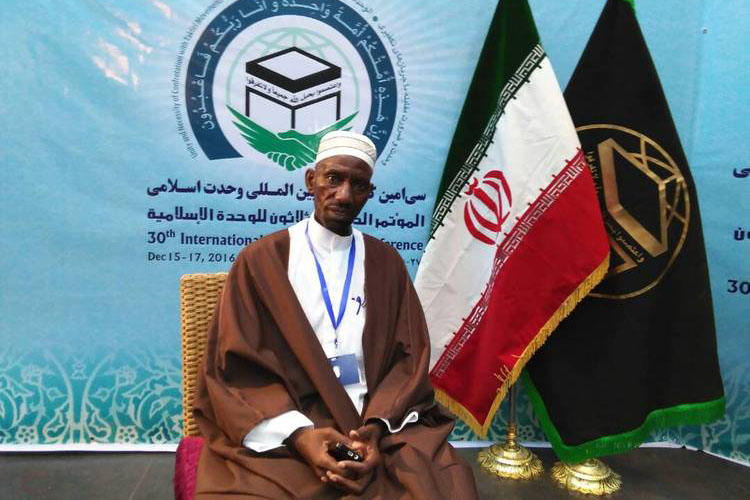
The Sunday Mail

Desire Ncube
SUPREME Council of Islamic Affairs in Zimbabwe national chairman, Sheik Ishmael Duwa, has urged local Muslims to perform acts of mercy as they are observing the month of Ramadan.In an interview with The Sunday Mail Society, last week, Sheik Duwa said Muslims should not abuse the freedom of worship that they enjoy by infringing the laws of the state but rather seek ways to develop the country and help those in need.
Sheik Duwa said as they are observing the holy month of Ramadan they are considering complementing Government efforts in areas of education, health and infrastructural development. Ramadan is one of the Islamic pillars of faith and is observed annually, this year it started on May 27 and is ending when the moon is sighted.
“It is unfortunate that we are the only religion in Zimbabwe that has no public university or hospital. Other religions have those facilities and I think its high time local Muslims start to consider complementing Government efforts in those areas,” said Sheik Duwa. He said it is not enough for Muslims to donate during the Ramadan period only.
“Our culture of donating to orphans and widows during the month of Ramadan is not bad but we have to move a gear-up and practice what is in the Quran.
“I attended a Christian school as well as a Christian University, and many other Christian institutions are helping many people including local Muslims – that is why I feel we have to chip in and do our best in terms of infrastructure development in this country.
“Zimbabwe is a safe and free country that allows everybody to practice his or her faith without infringements hence we should do our best to develop it. We are Muslims, yes, but we should not forget that we are Zimbabweans,” he said.
Commenting on Ramadan, Sheik Duwa said Zimbabweans are now starting to understand Islam hence tolerating their practices.
“Unlike in other nations where Islam is viewed as a bad religion, I am glad that locals perceive us differently, this has been caused by a number of initiatives that we have embarked on chief among them the interfaith dialogue that we do from time to time,” he said.
Sheik Duwa explained the significance of Ramadan among Muslims.
“Fasting is the third pillar of Islam it is faradh (compulsory) for every Muslim to fast when the moon is sighted except those who are exempted from fasting. The fasting will take place for 30 days until the next moon is sighted.
“People intending to fast are supposed to pronounce Arabic words ‘Nawaytu Sowma Ghadin an Adaa- I Fardh Sha-hri Ramadan Haathi-his Sanati Lillahi–ta-aalaa’. Which means ‘I hereby make intention to fast tomorrow in order to fulfil the obligatory or faradh of the month of Ramadan of this year for Allah (God) sake,” he explained.
Said Sheik Duwa: “Fasting starts from dawn and ends at sunset. It is compulsory upon every male or female (mukallaf) Muslim who is conscious and of a sound mind. It is thus not obligatory upon children under the age of puberty or upon any insane person.”
Sheik Duwa highlighted that everything, which nullifies should be avoided during Ramadan.
“Sexual intercourse, deliberately taking out sperms through manipulating sexual organs or deliberately vomiting is not permitted.
“If during the day of Ramadaan or fasting, a person purposefully and deliberately eats, drinks anything or put anything into the body through the nose, ears or anus, or purposely causes himself to vomit, his or her fast is broken, which literally means he has sinned and must repeat the fasting of that day after Ramadaan.”
He added that fasting is not broken when a person accidentally or unmindfully eats or drinks irrespective of the amount. Islam has five pillars of faith, which are Shahadah sincerely reciting the Muslim profession of faith, Salat performing ritual prayers in the proper way five times each day, Zakat paying an alms (or charity) tax to benefit the poor and the needy, Sawm fasting during the month of Ramadan and Hajj pilgrimage to Mecca.
“Carrying out these obligations provides the framework of a Muslim’s life, and weaves his or her everyday activities and beliefs into a single cloth of religious devotion,” said Sheik Duwa. as staunch allies in this dedication, the people of Poland.



